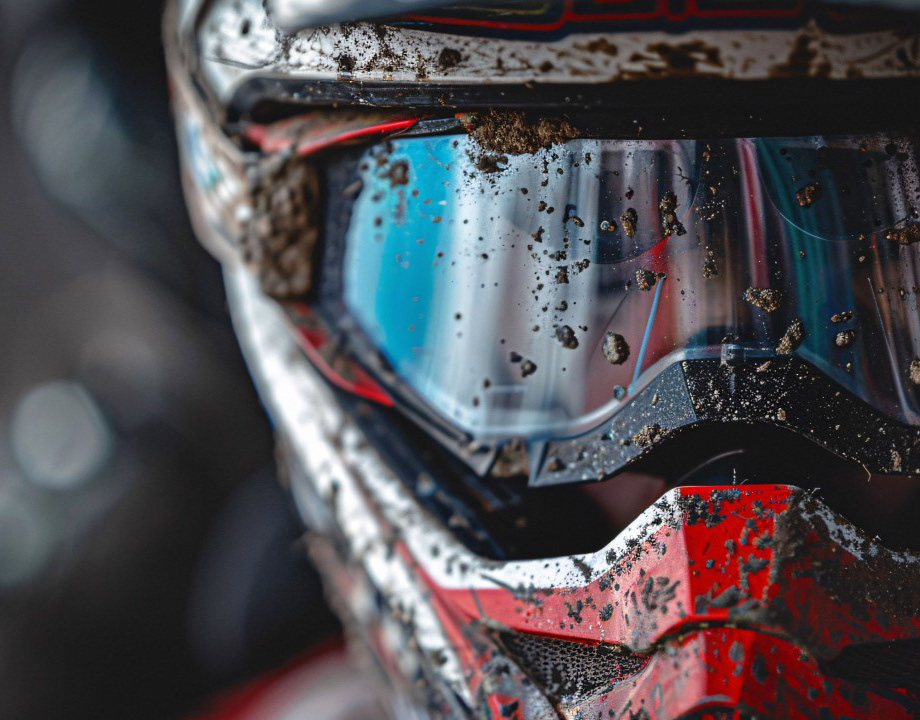Motorsport has always held a special place in Greek culture, combining passion, heritage, and the dramatic landscapes that make the country an iconic backdrop for racing. Beyond the excitement of modern rallying, there is a growing global movement around historic motorsport, a field where classic cars, legendary stories and cultural experiences merge to create powerful opportunities for tourism, branding, and economic growth. Greece, with its rich rally history and international reputation, is uniquely positioned to transform historic motorsport into a world-class attraction.
Beyond Nostalgia: A Global Market
Historic rallying and classic car racing are more than nostalgic celebrations. They represent a vibrant, international market where heritage meets lifestyle. Across Europe, events such as Goodwood Revival in the UK, Tour Auto in France, or Mille Miglia in Italy attract not only motorsport enthusiasts but also luxury brands, collectors, high-net-worth individuals and cultural tourists. These events are experiential destinations in themselves, blending competition, storytelling and hospitality.
Greece’s Untapped Advantage
Greece, with its rich motorsport history and iconic landscapes, has the ingredients to become a leader in this field. The Historic Acropolis Rally is a prime example of how the past can fuel the future. The rally already resonates with fans who remember legends like Röhrl, Biasion, or Kankkunen taming Greek gravel, but its potential goes far beyond nostalgia. By strategically positioning it alongside the modern WRC, the event could become a global draw in its own right.
Tourism, Sponsorship and Generational Appeal
The commercial opportunity is substantial. Historic motorsport can extend Greece’s tourism season by attracting visitors in spring and autumn, well beyond the traditional summer peak. It can also unlock premium sponsorship opportunities, as luxury and heritage brands naturally align with the values of classic motorsport. At the same time, these events bridge generations, appealing both to older enthusiasts and to younger audiences who view historic cars as symbols of authenticity and design.
Culture as a Competitive Edge
Equally important is the cultural dimension. Greece offers not only challenging routes but also unparalleled settings, archaeological sites, coastal towns and mountain villages, which can transform historic rallies into holistic experiences that combine racing with gastronomy, hospitality and storytelling. This creates a platform where the country’s history, lifestyle and natural beauty enhances the sporting spectacle, making it far more than a competition.
Building a Strategy for Success
To reach this level, however, historic motorsport in Greece needs a coherent strategy. Stronger branding and positioning are essential if the Historic Acropolis Rally is to rival international benchmarks. Government and tourism authorities must recognize the cultural and economic value of such events, while corporate partnerships need to move beyond mere logo placements toward immersive activations, premium hospitality and curated lifestyle experiences. With this framework, the Historic Acropolis Rally can evolve into a true festival of heritage and speed, rooted in Greek identity yet resonating with global audiences.
A Future Fueled by the Past
Motorsport has always been part of Greece’s DNA. The modern WRC Acropolis Rally already demonstrates what is possible with the right vision and support. Now is the time to extend this momentum to historic motorsport. With investment, creativity and international outreach, Greece has the chance to become a world stage for motorsport heritage. This is not just about celebrating the past. It is about building a sustainable future where history, culture and commerce meet on the rally stages of Greece.




